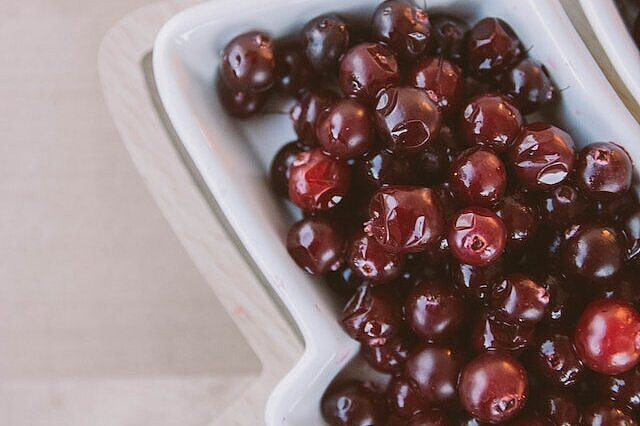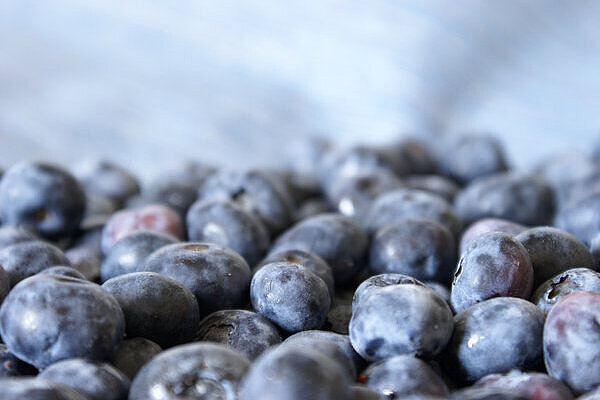Raspberries

What are raspberries?
Raspberries are berry fruits that belong to the rose family. They grow on bushes that can grow up to two meters high. The fruits consist of many small individual fruits, which together have a spherical shape. Raspberries have a bright red color and an aromatic taste.
What ingredients do raspberries contain?
Raspberries contain many vitamins and minerals. These include vitamins A, C and E as well as calcium, magnesium, manganese and iron. Raspberries also contain antioxidants and valuable flavonoids, which can promote good health. Antioxidants protect cells from free radicals that can lead to ageing and disease. Flavonoids have an anti-inflammatory effect and strengthen the immune system.
Can dogs eat raspberries?
Yes, dogs can eat raspberries. The fruit is not poisonous to dogs and can even be good for them. Raspberries have an anti-inflammatory, appetizing and diuretic effect. They help the intestines to regenerate and the liver to detoxify. They can also strengthen the immune system.
How many raspberries can a dog eat?
As with everything, it's the quantity that makes the poison. Too many raspberries can lead to diarrhea as they contain a lot of fructose. Raspberries also have a high acid content, which can attack tooth enamel. You should therefore only give your dog a few raspberries a day.
The exact amount depends on the size of your dog. As a rule of thumb: depending on the size of the dog, up to ten raspberries a day are recommended.
How should you feed the raspberries?
Before you give your dog raspberries, you should rinse them thoroughly to remove any dirt or pesticides. It is best to buy organic raspberries or feed your dog raspberries from your own garden. It's best to let your dog taste a small piece to see if he likes it. Some dogs don't like sour fruit. In that case, give him something else. You can also give him dried raspberry leaves as a home remedy, which also have a health-promoting effect.
Raspberries are berry fruits that contain many vitamins, minerals and antioxidants. Dogs are allowed to eat raspberries as they are not poisonous and can have positive effects on their health. However, the amount should be limited, about up to ten raspberries per day, depending on the size of the dog. Make sure to wash the fruit thoroughly and give your dog a small amount at first to test his preferences. Dried raspberry leaves are also a healthy option for dogs.
Properties 5
Are you looking for other ingredients with a specific property?
Just click on them to find more.
If you notice any signs of hypersensitivity or poisoning in your dog, you should see your vet immediately. We are not a substitute for a vet, but we try to be as accurate as possible. Every dog reacts differently and we recommend you get a second opinion or consult your vet if in doubt.
Stay healthy and take good care of your four-legged friend!😊
Similar to Raspberries
Strawberries are not real berries, but aggregate fruits. This means that the small yellow seeds on the red surface are the actual fruits, which are surrounded by a fleshy receptacle. Strawberries...
Currants are the only genus in the gooseberry family. There are different types of currants, which differ in color, taste and nutritional content. The best known are the red, white and black...
Cranberries have many positive properties for dogs. They contain a lot of vitamin C, which has an anti-inflammatory effect and strengthens the immune system.They are also rich in antioxidants, which...
Blueberries (Vaccinium myrtillus) are small, round berries with a blue to purple color. They grow on deciduous dwarf shrubs that belong to the heather family (Ericaceae). Bilberries are native to...



